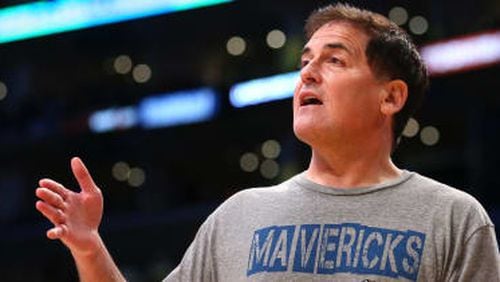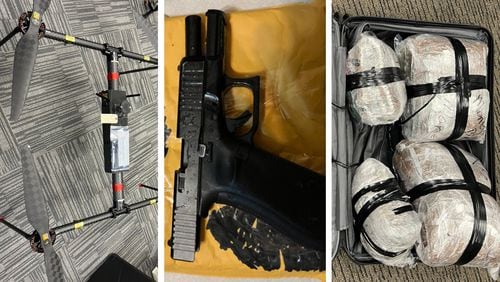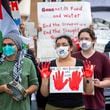What Mavericks franchise owner Mark Cuban said on Julius Erving’s podcast Monday isn’t that controversial. It’s just that he said the unspeakable, at least for people in his position.
"I'm probably not supposed to say this but, like, I just had dinner with a bunch of our guys the other night, and here we are, you know, we weren't competing for the playoffs. I was like, 'Look, losing is our best option,'" Cuban told Dr. J. "(NBA commissioner Adam Silver) would hate hearing that, but I at least sat down and I explained it to them. And I explained what our plans were going to be this summer, that we're not going to tank again. This was, like, a year-and-a-half tanking, and that was too brutal for me. But being transparent, I think that's the key to being kind of a players' owner and having stability."
This wasn't the first time Cuban expressed this sentiment. Last year he admitted that the Mavs "did everything possible to lose games" after they were eliminated from the 2017 playoffs. Cuban didn't mean Mavericks players tried to lose, but rather the team played its younger players to decrease their chances of winning.
It’s a subtle and important difference but the aim is the same: losing to increase lottery odds. The Hawks (18-41) are in a similar position to the Mavs (18-40) but, so far, they don’t seem to be embracing Cuban’s approach. For the most part the Hawks have done everything they can to win by playing their veterans.
Rookie John Collins remains a reserve and is averaging about the same minutes per game in February (23.9) as he did in November (24.5) even while fouling at a lower rate now versus then. Rookie Tyler Dorsey is absorbing some of the minutes on the wing created by the departure of Marco Belinelli but so is Malcolm Delaney; meanwhile, Kent Bazemore still is playing heavy minutes. Isaiah Taylor, who had four games of NBA experience before this season, has become the regular backup point guard but Dennis Schroder still is playing 30 minutes per game.
It could change for the Hawks now that the trade deadline has passed and they reset after the All-Star break. Maybe it started with their final game before the break, when Bazemore sat for rest and Schroder and Ersan Ilyasova were listed as out with injuries. Then again, Bazemore had played every game with the highest usage percentage since he became a rotation player and perhaps Ilyasova and Schroder needed the break, too.
But it will be tricky for the Hawks to strike a balance of playing their youngsters and keeping their vets happy, for two reasons.
One is that the Hawks don't want losing to become a habit for their young players. There has to be accountability, with minutes earned and not given. That's one reason why GM Travis Schlenk said before the trade deadline that there is value in keeping Bazemore around during the rebuild.
“The tricky part of going through this is you still want to have a culture of winning,” Schlenk said. “I give the coaches and players a lot of credit. We show up every night. We are not winning a lot of games but you can’t just show up and get a win (against the Hawks). Our guys compete every night.”
The other reason the Hawks may not want to go too far with tanking: No team wants to earn a reputation for luring veterans to play for them, and then hurting the market value of those players by sitting them. I’ve also never met a player who is fine with losing — financial incentives notwithstanding, these guys are competitive.
Note that Ilyasova, when expressing his desire to remain with the Hawks, added the caveat that he was happy to do so "as long as we are playing to win." Cuban said he believes he earns credibility with players for being honest about tanking but I'm not so sure.
The Hawks added to the trickiness of the situation with some of their contracts. They signed Ilyasova to a one-year deal that preserved his “Bird rights” and, logically, Ilyasova was not willing to accept a trade and thus forfeit the chance for a bigger payday. The Hawks gave Dewayne Dedmon and Mike Muscala player options for next season that curtailed their trade value.
The Hawks signed those players so they would be competitive. But the deals they gave them also made them harder to trade. Now those three players can help the Hawks win games (and thus reduce their lottery odds), become free agents this summer and leave the with the Hawks getting nothing in return.
Cuban’s approach to tanking has some potential drawbacks. But so too do the half-measures the Hawks have taken so far.







